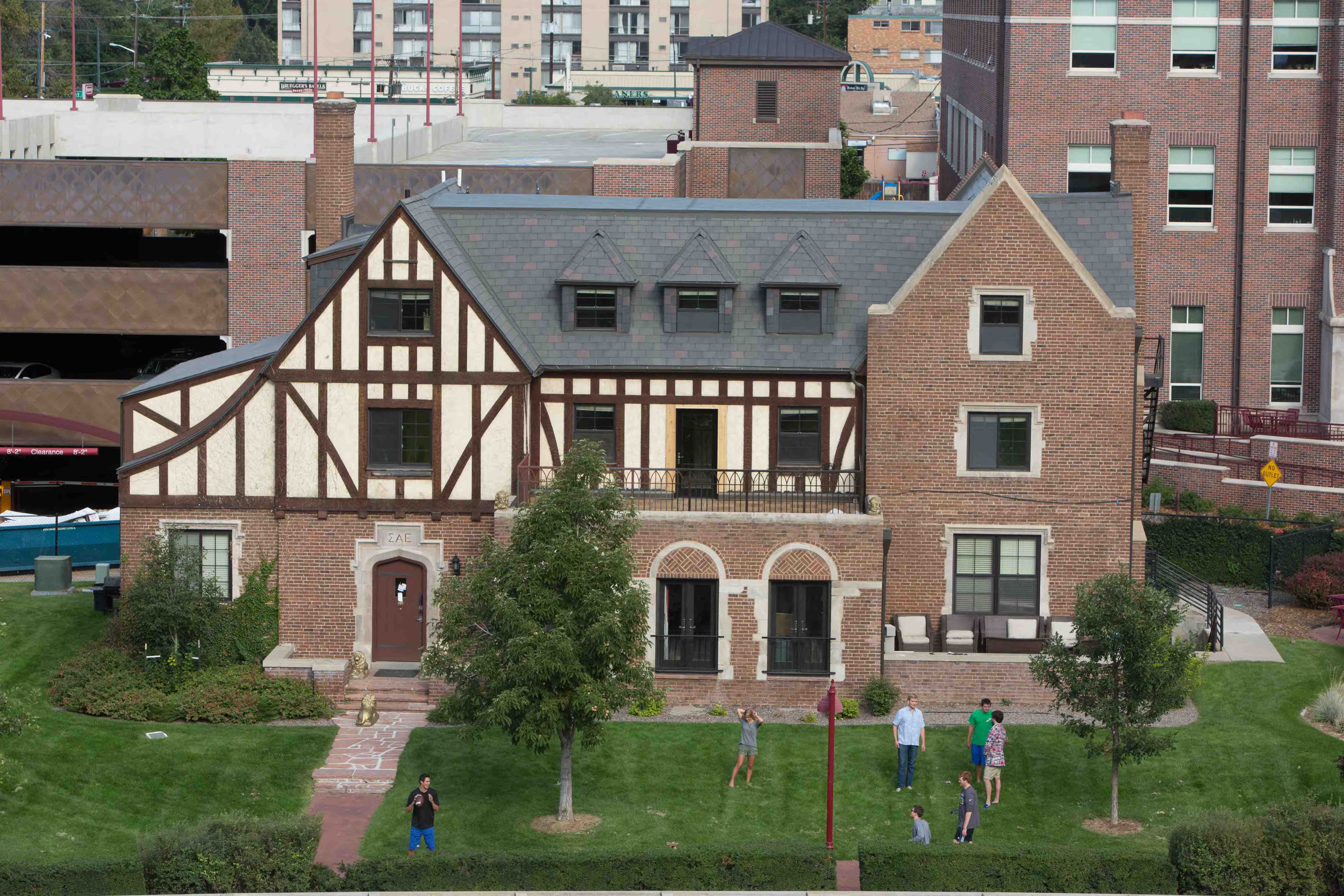After a video of some of the University of Oklahoma’s Sigma Alpha Epsilon (SAE) members chanting a racist rallying call on a bus went viral, the school’s chapter of SAE has come under a swift line of punishment. Two students identified from the video were expelled, and the chapter disbanded at the university altogether. The president of OU and the national SAE chairs have all publicly spoken against the actions of the students, and one student has come forward with an apology.
But with this incident, Greek Life around the United States has come under scrutiny. There are traditions that still propagate racist agenda in these groups, and this can be detrimental to those involved and those around them.
“Unfortunately I was not surprised at all,” says Theta Chi member Jeffrey Mariano when asked if the video was shocking to him. “Media tends to cover the worst aspects of any story and downplays the good. Greek life is under national scrutiny because of these incidents, yet they are praised because of their philanthropies and the amount of money they raise from them. It’s a double edged sword.”
In Colorado, fraternities and sororities have been held accountable for some behaviors that seemed to demonstrate this. Situations at DU, such as a ‘cowboys and Indians’ themed party, caused controversy over the racial stereotypes portrayed by the majority white party-goers and fueled many students’ desire to change the DU mascot.
The Greek community is an old one, with most traditional fraternities in their 150-something year of existence. With a history so long, there are many traditions that carry on through time that, while in the past were acceptable, are taboo today.
Racism is a big topic in modern U.S. culture and, with minorities gaining a louder voice, certain customs in Greek life can come off as offensive. The words chanted by the OU students draw you back to a pre-civil rights era mentality.
Though the chapter at OU has been disbanded and openly rebuked by the national organization, a recent report found that the students learned the lyrics to the song at a preeminent leadership event on a cruise ship, challenging the idea that the actions of the young members in the video are an isolated issue. The traditions that have continued and allowed for this incident should be taken seriously, and the organizations evaluated to ensure that these ideas do not propagate.
Given the national scrutiny of their fraternity, and of Greek life in general, SAE members are hesitant to make comments about the event and their knowledge of any lyrics of the chant. Understandably, most chapters, including that of the DU, have renounced the actions of the OU members. But in light of this event and others like it, real questions have been raised about the social patterns that are propagated by these groups.
“I think DU’s Greek life needs work with inclusive excellence but I know they are making strides to have larger conversations around topics like race,” says Mariano, “They have forums and I know their Graduate Greek advisors are working hard to bring these topics to the students. As much as I’d like to say something similar couldn’t happen at DU, I can’t. It’s a predominantly white institution that sometimes fail to outwardly discuss issues about race, sexuality, power, privilege, etc. We pride ourselves on being inclusively excellent, yet the people who do this type of work are constantly at the table. We need to challenge our students about issues like this.”
DU’s Greek Life is still a strong component of the school, and events like this could happen on our campus, either in public or behind closed doors. What’s important to do is make sure the students joining are not given the OK to act the way the OU students have.











